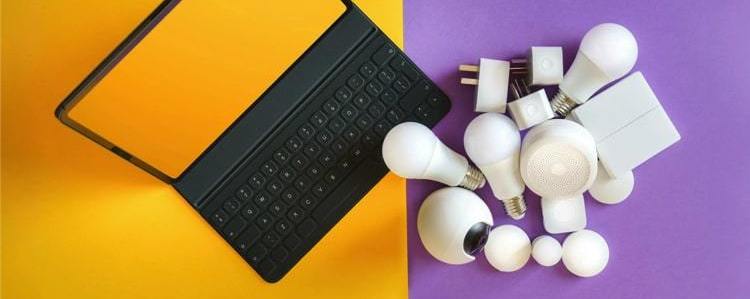Energy efficiency and smart technology
Posted on 16th February 2024
With energy prices remaining high, homeowners are turning to smart home technology to reduce energy bills.
A report from Drayton and Schneider Electric involved 2,000 British homeowners. It found that almost three quarters had changed behaviour over the last 12 months to use less energy. The findings are part of a global study of more than 9,000 homeowners, tracking attitudes and behaviour concerning energy efficiency and sustainability.
Currently, the top concern is energy efficiency, which showed a 14 point increase compared to last year.
Changing lifestyles to reduce energy use
A quarter of homeowners are now measuring or tracking how and where they use energy. More than one in 10 have bought a smart thermostat to control their heating.
After voice assistants, the most popular smart home devices are smart lighting, thermostats and energy monitors. A third saw smart technology as an easy way to reduce energy use.
Homeowners are also making more low-tech lifestyle changes to cut down their energy use. Over half said they were switching off lights, turning down their heating and reducing their use of hot water. In fact, almost half said they would sacrifice their comfort to reduce energy use and keep bills down.
The crisis in energy costs
These changes are due to increasing energy costs as well as concerns about the environment. Homeowners are determined to reduce their energy use in the next 12 months. So much so, they are willing to invest an average of around £1,250 in energy efficiency measures. However, the study also showed smart technology users are twice as optimistic about achieving carbon net zero targets, compared with those who don’t.
Almost a quarter want to see the country less reliant on overseas energy. Two thirds felt big businesses and national government had most responsibility but a third wanted to reduce personal CO² emissions.
Options to reduce home energy use
The study estimates that 20% of global CO2 emissions are from our homes so there’s scope to make a difference.
The most popular step to reduce home energy use was changing to LED lights. Combined with movement sensors and timers this is a good way to make the best use of your energy.
People also installed double and triple glazing and improved insulation. Heating system upgrades and low-consumption radiators can make a big difference too. Smart meters and thermostats were also popular measures. Multi-zoning can keep homes warm without wasting energy and money heating empty rooms. To keep track, many people are also using an app to monitor their home energy use in real time.
Six out of 10 people expect smart home products in new homes. They would pay more for homes with smart technology and say it makes a home more desirable.
Please get in touch to discuss LED lights and smart technology to help you reduce your home energy costs.
Share this post:





